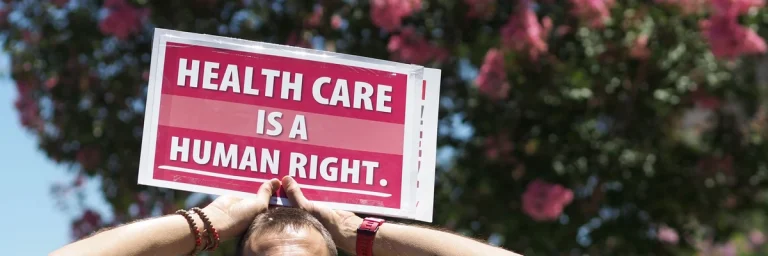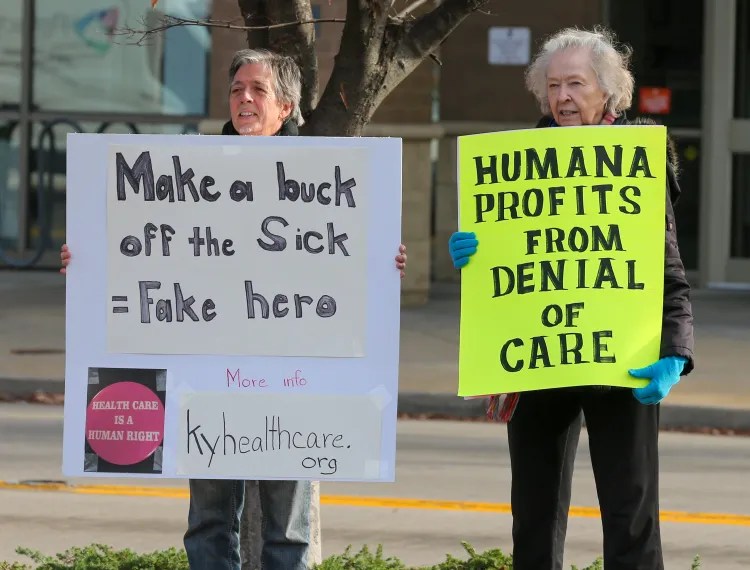After National Day Of Action For Single Payer; Best Defense Is A Good Offense
Activists on May 31 made bold demands, refusing to believe the wealthiest country should have a separate healthcare system for the poor, or that we should wait until we are 65 to access a public healthcare system into which we pay all our working lives. On May 31, activists demanded an end to a system where health insurance CEOs, who worry more about “disappointing investors” than patients, control our health. On May 31, we demanded the end of a system where insurance companies get to make trillions of dollars in earnings and spend millions on federal lobbying to influence government officials who write the laws to benefit the owners and not the people who suffer under it.















